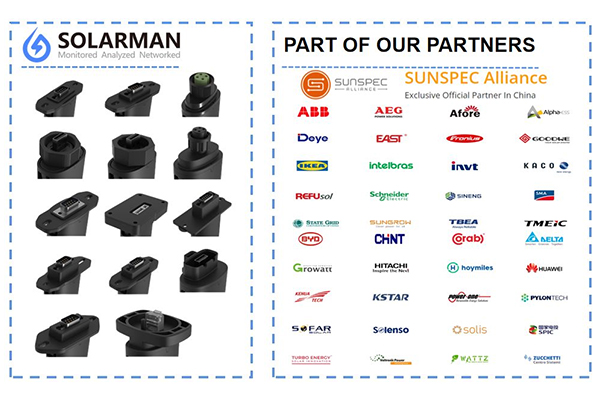In the quest for renewable energy sources, solar power has emerged as a key player in the transition towards a sustainable future. Solar panels, also known as photovoltaic (PV) cells, are becoming increasingly popular for generating clean and green electricity. To maximize the efficiency and productivity of solar installations, the use of solar data loggers has become crucial.
1. Importance of Solar Data Loggers:
a) Performance Monitoring: Solar data loggers enable real-time monitoring of a solar energy system’s performance, allowing users to track power generation, identify inefficiencies, and pinpoint potential issues promptly. This information facilitates proactive maintenance, resulting in increased uptime and optimal performance.
b) Efficiency Analysis: By analyzing the data collected by solar data loggers, users can assess the efficiency of their solar panels and identify areas for improvement. This can include adjustments to panel angles, cleaning schedules, or even upgrades to more efficient panels. These optimizations can lead to higher energy generation and cost savings over time.
c) Diagnostics and Troubleshooting: Solar data loggers provide detailed data on individual panels or strings of panels, allowing for quick identification of any underperforming or faulty panels. Timely diagnostics facilitate efficient troubleshooting and minimize system downtime.
d) Financial Benefits: Solar data loggers help users make informed decisions about energy production and consumption, leading to potential financial benefits. By analyzing data and optimizing energy usage patterns, users can reduce reliance on grid power and potentially sell excess energy back to the grid, resulting in considerable cost savings.
2. Advanced Features and Integration:
Modern solar data loggers offer advanced features such as wireless connectivity, cloud-based data storage, and remote access capabilities. These features allow users to monitor and manage their solar energy systems from anywhere, anytime. Integration with other smart home or building automation systems enables seamless control and optimization of energy consumption.
SOLARMAN stick logger supports GPRS, WiFi, 4G, Ethernet and other communication method. Furthermore, stick logger supports RS485/RS232/TTL/USB and other serial communication. With the design of multi-cover, it adapts to a vast majority of inverters. By collecting operating status and power generation of inverter, stick logger can run a long-term and efficient monitoring of PV system, which increases work efficiency and reduces management cost significantly. With its extended functions, such as GNSS, power-off reminder, Bluetooth, stick logger enables a qucik configuration at site and an easy plant O&M.

